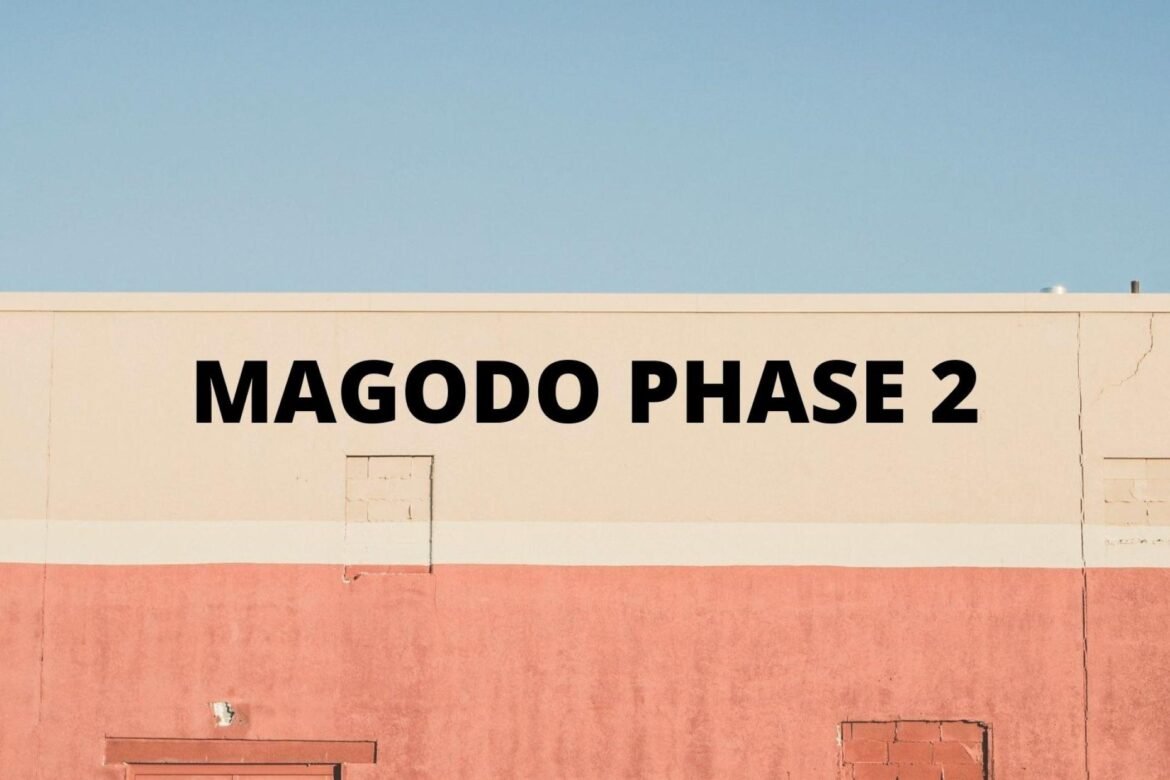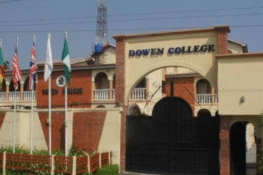Residents of Magodo Phase II, Lagos, have asked the Constitution Review Committee headed by Chief Wale Taiwo (SAN), to suspend further action on the ongoing review.
In a letter jointly signed by five of the residents, Messrs. Dayo Adebayo, Gbenga Aruleba, Simon Kolawole, Mojeed Jamiu and Azu Ishiekwene, they expressed strong reservations about the purpose of the exercise.
The letter, entitled, “Memo: A call to suspend further review of the Constitution immediately”, released to the press on Sunday, said, while the residents appreciated the efforts of the BOT Chairman, Chief S. Owojori and members of the review committee, there was an urgent need to stop and reflect.
Explaining the reasons for its call the residents said, “The terms/framework for the review are largely bureaucratic and unwieldly.”
Speaking further, they said, “While the intent and purpose appear geared towards addressing the political administration, there is very little in the content to deal with existential issues affecting residents, such as would make office holders more accountable and transparent, and also make administration more inclusive.”
The residents said, “While we understand the need for a degree of decentralisation to reflect the structure and size of MRA and to give local units autonomy, we have nevertheless examined models of a number of Estate Associations in Nigeria and elsewhere in the civilised world and find nothing remotely resembling the bureaucratic model currently under consideration by the Constitution Review Committee.”
The residents listed what they described as “existential threats”, to the wellbeing of the Estate:
• Questions about form of representation – whether equal or proportional (and to think that this is an Estate of approximately 2,747 houses as enumerated by the MRA in 2013; but currently with 1,859 financial resident-voters managed by 11 officials!)
• Overdue elections (the MRA has now been run by a caretaker committee since June)
• Revenue generation/management/sharing concerns
They added that, “These agitations and uncertain state of affairs can only further weaken effective administration. They can only further degrade our security, devalue our assets, and also widen the door for undesirable commercial interests – including the setting up of a drinking bar, a red-light zone really – increasingly making life in the Estate a nightmare.”
Suggesting a way forward, they proposed a simple, straightforward constitutional model, which may serve as a basis for re-organising the current management structure, to make it more efficient, transparent and responsive the needs and aspirations of residents:
• A BOT (governed by CAMA 1990, as amended), and
• Executive Committee (comprising chairmen of the LOCs of the zones)
• Local Organising Committees (elected from the 21 zones)
The memo said the LOCs would exist for the purpose of decentralization and/or efficiency and may carry out their existing functions in meeting local needs while the central body will manage joint services/assets.
The attachments below not only contain replicable examples, they also contain current best practices in Estate Administration Management, that Magodo can and should benefit from.
The signatories said, “We have no political ambition and no interest at all in contesting for any position. We are, however, pleased to work with any small group that may be interested to work with us to produce a new draft constitution within two weeks, which will be circulated for residents to make their comments within one week.”
They attached links to examples of best estate management practices in Nigeria and elsewhere and called on the other residents “to pause, reflect and act.”
After the two-year tenure of the last executive expired in February and attempts to hold fresh elections failed, the MRA named interim officers to run the affairs of the association, with Chief S. Owojori the BOT Chairman as head of the team.
The BOT Chairman appointed a Constitution Review Committee headed by Chief Taiwo (SAN) to review the MRA Constitution.








